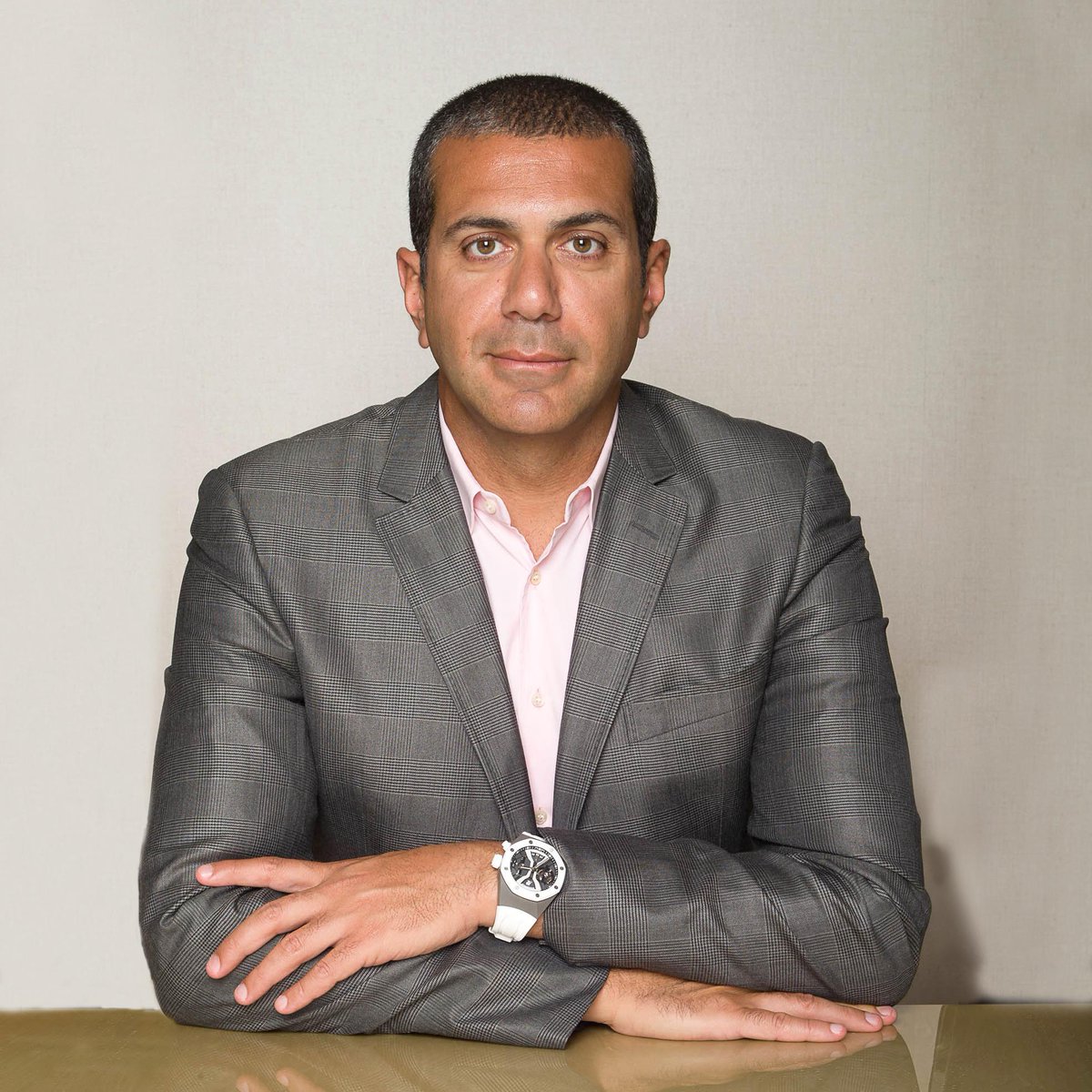How Telcos are Bringing Inclusion to Africa’s Financial Landscape
Mobile financial services are a global game-changer with an open money network being the connection needed between the financial industry and telecom to increase both the commercial and social benefits.As the world grapples with an unprecedented crisis in the form of the COVID-19 pandemic, consumers are cautious to use cash or making a withdrawal from an ATM and agent network. This has given mobile money a new dimension as customers can make payment anywhere at any time with their mobile devices as easy as sending a text message in geographies that are normally unable to benefit from banking structures.

This allows customers to seamlessly purchase products or services without having to physically hand over cash or swipe a card. The freedom to send, spend and receive money with a mobile phone is quickly becoming an essential part of life for billions of people.
Read also:South African Fintech Startup FinChatBot Secures $1.6m To Explore Markets In Europe And West Africa
Originally available in a few selected markets, mobile money is now a global phenomenon, recording astonishing growth in emerging markets and reaching a broad range of customers. Mobile money is currently present in 95 countries with 290 deployments worldwide. GSMA reported only 50 million new accounts registered in Sub-Saharan African its 2019 report.
According to this report, the mobile money industry has shown a tremendous achievement in reference to previous years with over a billion registered accounts, 372 million active accounts and close to $2 billion in daily transactions. In other words, we can say that mobile money has reached new heights in terms of digitisation of payments.
Read also:Bitsika Becomes Payment Method on Paxful Platform
Mobile Financial Services (MFS) are a natural part of the connected world. For the mature markets/countries, they provide convenience, for the emerging countries they bring a possibility to make transactions where the financial infrastructure is weak or unreliable, providing ”banking for the unbanked”.
A large portion of the population in Africa needs to be brought into the folds of financial inclusion in order to generate sustainable economic growth. The high cost of opening a bank and long distances to banks are among the barriers to gaining access to financial services for the unbanked in the country.
Read also:How Digital Payments could Foster African Development
Additional challenges are related to lengthy queues, processing time, high service charges while receiving payments are also common. What’s more, the amount of time taken to process money transfers, the distance from the place of transacting for international transfers can be frustrating – as can long processing and waiting times during bill payment provide opportunities.Ericsson reported more than 190 million registered users on its Wallet Platform with their monthly transactions surpassing $18 billion by the end of June 2020.
This is an indicator of how technology has enabled the connection needed between the financial industry and telecom to increase both the commercial and social benefits. What is the best outcome of enabling this inclusion you may ask?
Increasing financial inclusion through the use of digital technology is an essential element in furthering the economic development of Africa. When the access to safe and secure financial services is within reach, enhancement in energy, health, education and employment opportunities will follow.
Kelechi Deca

Kelechi Deca has over two decades of media experience, he has traveled to over 77 countries reporting on multilateral development institutions, international business, trade, travels, culture, and diplomacy. He is also a petrol head with in-depth knowledge of automobiles and the auto industry



















